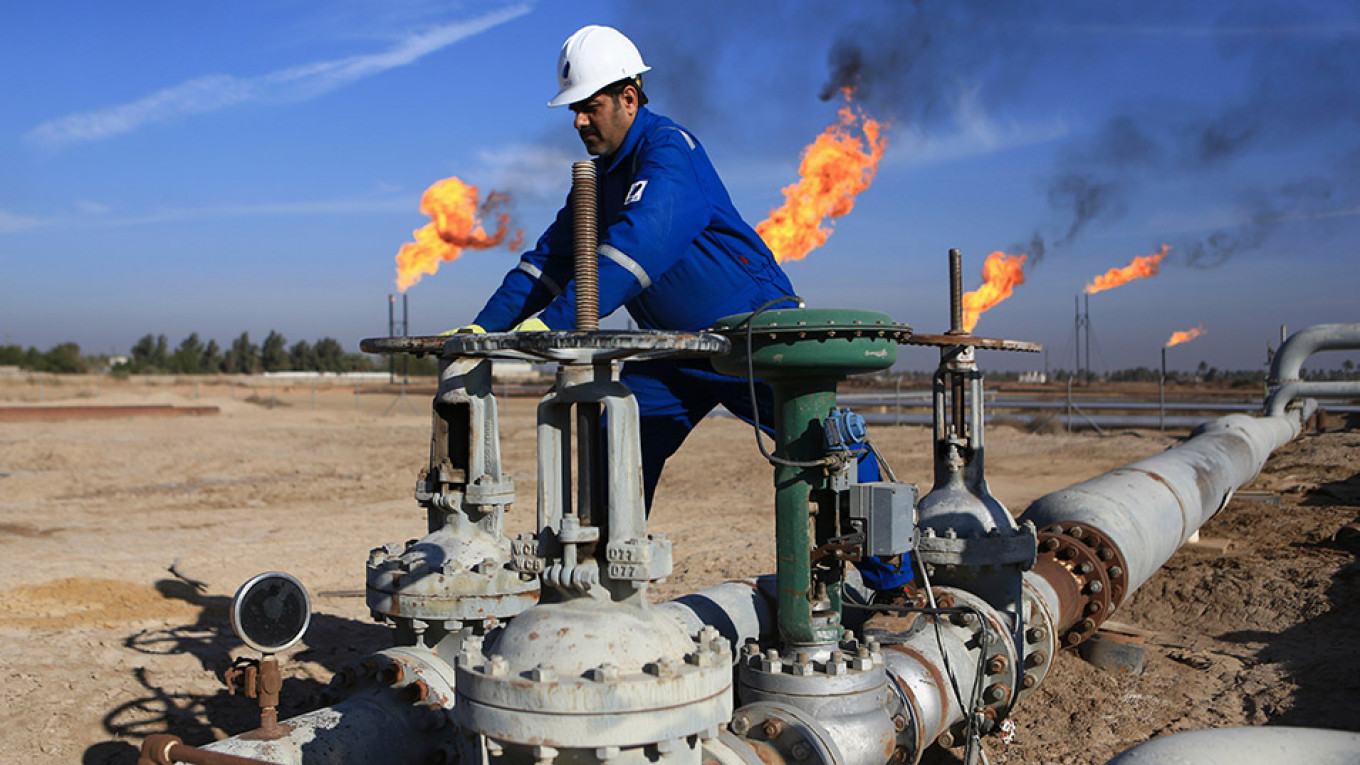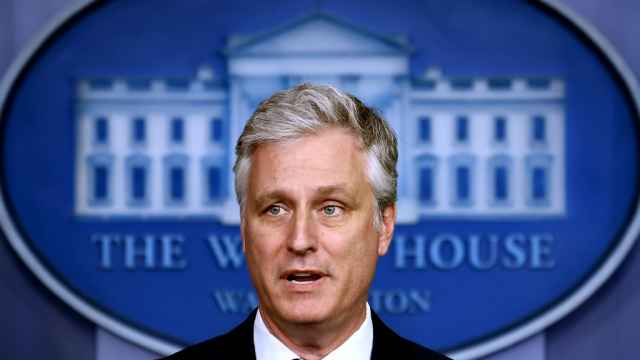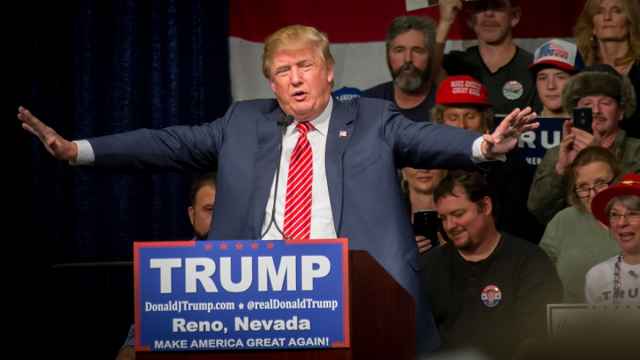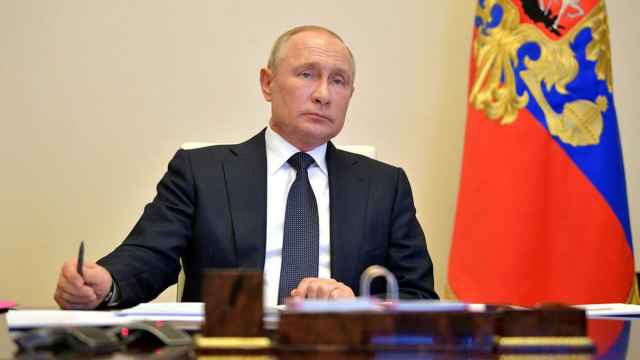Whether it knows it or not, Washington continues to redraw the political map of the world, dismantling the system it built practically alone and from which it benefited since the end of the Second World War. First, it helped build the European Union as a major global power. With Trump came the novelty that the United States would also like Europe to become a global political and military actor.
Then, in just three decades it helped transform China into its first genuine rival for global domination, a rival far exceeding the Soviet Union in economic capacity and political will. Without American technology and access to American markets, China would still become a fully modern society, but it could never have done it at the breakneck speed of just three or four decades.
And thus the old order was dismantled and we seemed well on our way to a system where China, Europe and America stood as its three main poles.
In this map of the world, Russia felt more or less lost. Neither European nor Asian, it seemed destined to become what Brzezinski called a “black hole” between Europe and China. A number of Russian strategists attempted to turn this around and started speaking of Russia’s manifest destiny as a bridge between the two economic giants.
The notion suffered from two flaws, it seemed to me. First, Europe and China are in no need of a bridge. They already share a border — the border between China and Kazakhstan, a European country by the accepted definition of a country with part of its territory within the geographic boundaries of Europe. Second, to be a bridge is not a particularly felicitous role for a country. It assumes that its mission is to provide fast access to the places that really matter.
One or two years ago, it occurred to me that Russia had another and better way to avoid Brzezinski’s fate. It can be easily described in one or two paragraphs and the most intriguing way is to show how it is in fact the United States which is pushing Russia towards that promised land.
First, there was Syria. It offered a unique opportunity for promoting Russian strategic interests. By 2015 the United States had exhausted all choices and showed signs of disinterest and disengagement. The Russian military intervention was a revolution in global affairs. For the first time since the end of the Cold War, a country other than the United States would be projecting military force far away from its borders without consulting or involving Washington in the decision.
Attempts to use energy markets to drive geopolitical outcomes reinforced Russia’s conviction that it needed to acquire higher levels of dominance in global energy markets, pushing it to intervene more actively in the Middle East.
By consolidating all three energy-producing regions under its leadership — the mainland, the Caspian, and the Middle East — Russia would take the decisive step in shaping a new Eurasian system. Its interests lie more decisively in organizing a common political will for the middle region than in recovering the old dreams of integration with Europe or pivoting to China.
And now America is offering it a second opening. By announcing that it will remove Iranian oil waivers it has granted to countries such as China, India or Turkey, the United States is preparing the imposition of sanctions against financial institutions located in those countries that knowingly conduct or facilitate any significant imports of Iranian oil.
The goal, as Secretary of State Mike Pompeo put it, is to force Iranian oil exports to zero.
We are not yet sure how China, India and even Turkey will react. But we know what Russia will do. It will develop the tight economic and political links with Tehran that always eluded it in the past.
The Russian market will become the last resource for Iran before that fateful zero. Russia will be able to dictate the trade terms and the Iranian oil consumed in Russia will free additional volumes to be exported to Turkey and India, two countries critical to the new Russian strategy.
No longer dreaming of either west or east, Russia will move south. It is in the very nature of the Eurasian energy system that the core energy production region — provided it is sufficiently united and organized — will benefit from its central position, being able to pick and choose between east and west in order to obtain the most favorable terms. Russia and the Middle East are now part of the same geopolitical unit.
As you consider the map of Eurasia, it becomes apparent that two of its three regions are already led and organized by a leading actor: Germany in the case of Europe and China for the Asia Pacific. But the middle region - from Murmansk to Mumbai — lacks a center capable of ensuring its survival as an autonomous unit in the Eurasian system. Russia has found a new historical mission.
A Message from The Moscow Times:
Dear readers,
We are facing unprecedented challenges. Russia's Prosecutor General's Office has designated The Moscow Times as an "undesirable" organization, criminalizing our work and putting our staff at risk of prosecution. This follows our earlier unjust labeling as a "foreign agent."
These actions are direct attempts to silence independent journalism in Russia. The authorities claim our work "discredits the decisions of the Russian leadership." We see things differently: we strive to provide accurate, unbiased reporting on Russia.
We, the journalists of The Moscow Times, refuse to be silenced. But to continue our work, we need your help.
Your support, no matter how small, makes a world of difference. If you can, please support us monthly starting from just $2. It's quick to set up, and every contribution makes a significant impact.
By supporting The Moscow Times, you're defending open, independent journalism in the face of repression. Thank you for standing with us.
Remind me later.








